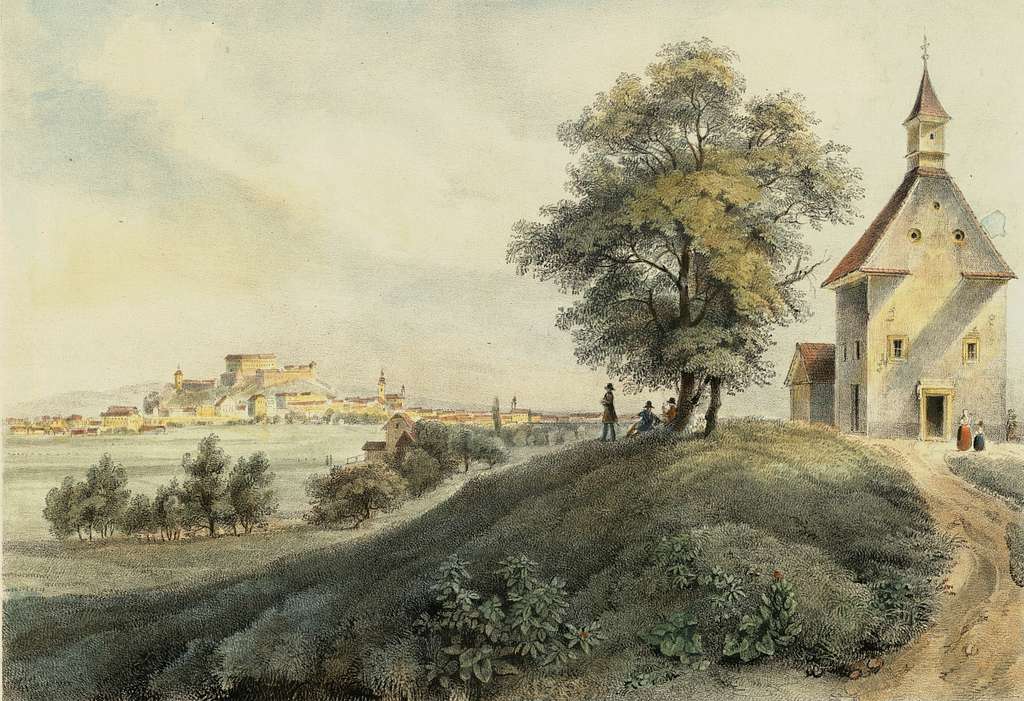In the old-fashioned list of annual anniversary gifts, fifteen is the year for crystal. A crystal ball for my good friends at FPR, perhaps? Or would that be wise? I’ve long thought Tolkien was correct, and that crystal ball predictions are much more likely to manipulate the future than to predict it.
In any case, I am no seer. I am living in a country I would never have anticipated, and in a blessedly backwater state that has nevertheless gone through a sea-change. Working my way honorably through the present—with some reasonable future planning—seems task enough.
The present is not entirely encouraging, of course. Still, I remain hopeful, if not sanguine. I use “hope” in the New Testament sense: an active intent, moored in an ultimate assurance, despite the high odds heavily weighed against everything in this world I care about.
Human nature with its mixture of good and evil is universal. But nations have their own characters just as individual people do. And we Americans, despite some virtues, have a terrible national tendency towards an unimaginative all-or-nothingness in political matters. We now advance the strange notion that almost every restraint must be codified into law, or there is no restraint. Lord Moulton’s doctrine of the Obedience to the Unenforceable—his social glue of ethics, good form and good manners for all those matters that lie outside legal control—is as dead as the good lord himself.
We Americans also tend to argue, even less logically, that just because something is legal it must be moral, especially if the action was once illegal and now isn’t. This means yesterday’s besetting sin is today’s enviable virtue—vanity, for example, or pride, or avarice, or concupiscence.
All of this is unfortunate, because a country’s laws grow out of a people’s character. Assuming those at the top of our heap wanted to hold us to some good laws—it’s a thought experiment, I know—they could not do so for long, if we were determined to revoke or reinterpret them out of use. Top-down seems effective for changes for the worse, but changes for the better have to come up from a restored people. Which leaves us of the Porch hoeing an increasingly long row—but at least the task is to hand. And whatever that task ends up being for each one of us individually, I really do think we can see it.
There is hope is odd places. I am a member of a church in a mainline denomination that is in swift decline. But my church is not. It is a traditional church, in doctrine, teaching, liturgy, and music, and something of a red-haired stepchild in our state, but our senior pastor has chosen to work constructively and respectfully with a much more liberal church hierarchy, and to good effect. Within our denomination nationally, while there are not many churches like ours, those that are similar are also growing. For that reason, our pastor believes part of our work as a local church is to revive a dying denomination from within. He would say that our answer to a fading witness is not schism (which so often only results in more schism), but the long road of renewal. Fifteen years ago I would have said this was a pipe dream. Now, though by no means sure, I hope.
On the popular culture front, should I be pleased that praise for the temperance and restraint of Republican Rome and Federal America is having at least a small comeback, not just on the right but also on the left? Ruth Bader Ginsburg biographer and Atlantic contributor Jeffrey Rosen has new book out that emphasizes the founding fathers’ classically and religiously minded definition of happiness not as pleasure-seeking but as right-living. These days that long-held idea has the charm of novelty.
I welcome such efforts, but I myself do not expect a renewal of civic and personal virtue without a religious revival—which seems unlikely. (Here, lacking a crystal ball is a plus.) If a man cannot believe there is a Creator who made him intentionally, in love and for a good purpose, then he has three choices. He can live an ethical life that is not explicitly religious, but is nevertheless sheltered in the penumbra of the revealed religion he has rejected. Or he can worship power, which is to say evil. Or he can warp his soul in a more roundabout way by making a little god of himself—today’s most popular option, I’d say, despite a lot of unshakeable evidence that we humans make rotten gods.
Happily, my fellow sojourners here at FPR are not going to let any of us get away with little-godism. Little, yes. Godism, no.
So to all my friends in this haven, this meeting place, this village green—you lovers of federalism, distributism, neighbors, neighborhoods, regional accents, little platoons, and forty acres and a mule—happy anniversary.
Image Credit: Karl Joseph Kuwasseg, “A Painting of a Small Church on a Hill” (1840) via Picryl





